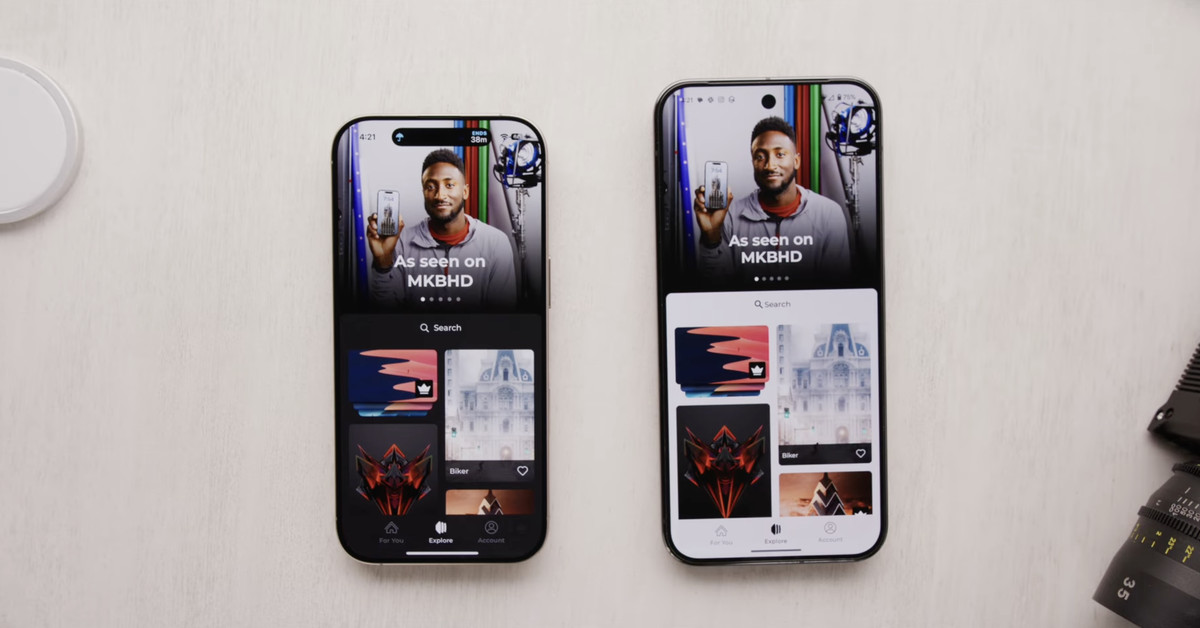- cross-posted to:
- technology@lemmy.world
- cross-posted to:
- technology@lemmy.world
Marques Brownlee, known as MKBHD, faced backlash over his new wallpaper app, Panels, due to its high subscription cost ($49.99/year) and concerns over excessive data permissions.
Brownlee acknowledged user feedback, promising to adjust ad frequency for free users and address privacy concerns, clarifying that the app’s data disclosures were broader than intended.
The app, which offers curated wallpapers and shares profits with artists, aims to improve over time, despite criticisms of its design and monetization approach.



Why in the hell does the monthly price end with you paying 280% more than the yearly. That is such an absurd discount I don’t even know why someone would pay at all for this app but more so I want to understand where the price justification is and who came up with this plan.
To be clear I support artists and more than welcome a platform for them to share and sell art if they wish… I don’t get why it needs to be a subscription service and I don’t see how such inflated charges are going to help artists as it’ll just discourage large numbers of people wanting to support them.
The justification is that people should be yearly subscribers when they can more easily forget to cancel it.
Probably because you can pay for a month and download all the wallpapers and cancel.
https://www.psychologytoday.com/us/blog/the-decision-lab/201109/product-pricing-and-framing-when-are-we-likely-pay-more
Short version: there’s an $80 bread maker with 5 features, a $120 bread maker with 12 features, and a $475 bread maker with 14 features.
The $475 bread maker only exists to make the $120 version look like a bargain.
Also the nature of a wallpaper app, maybe you just want to plop in get a wallpaper and scamper off into the sunset.
Matter of fact for the $50 a year price I could sign back up for a month twice a year and still come out on top.
I believe this is called the anchoring effect in psychology, and it’s really effective
Bingo. Major component of persuasive design.
But in the end you get more feature for a higher price. In this case it’s the same app for different prices depending on time frame… not to mention the app has no purpose beyond finding a wallpaper so it only really has 1 feature.
The point is not whether there are more features. The point is to give you an incentive to go yearly, and in this case it’s a huge “discount” even though it’s in no way worth the monthly cost. The monthly plan isn’t meant to sell you the monthly plan. It’s meant to make the yearly plan look good.